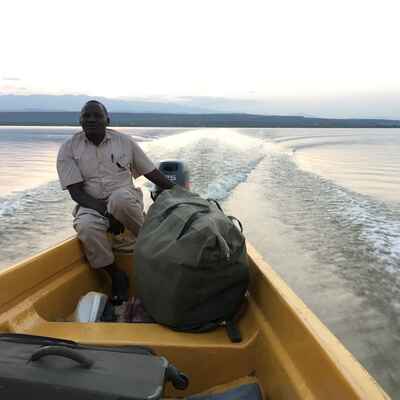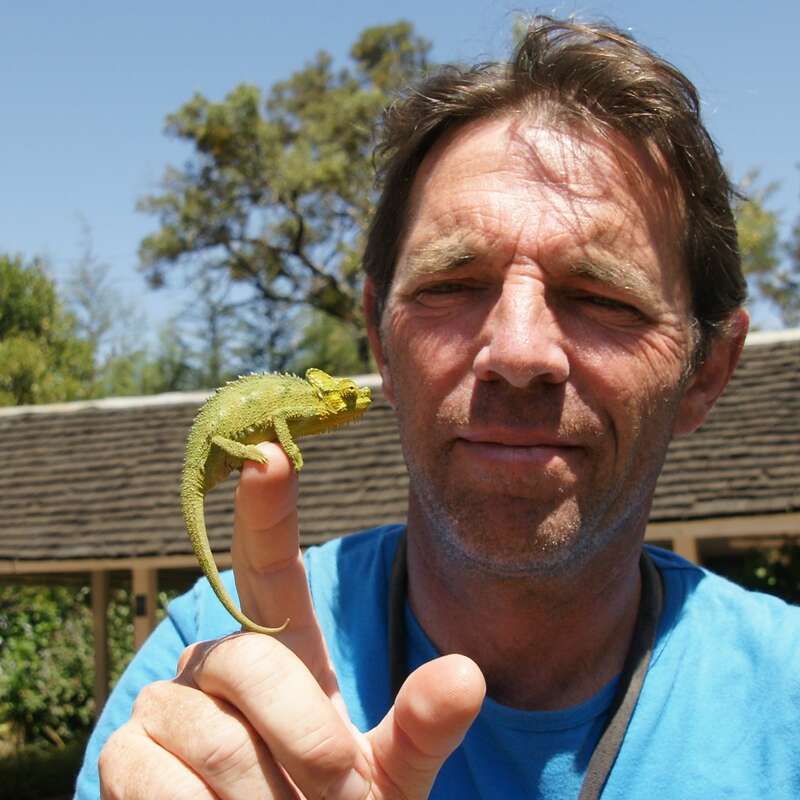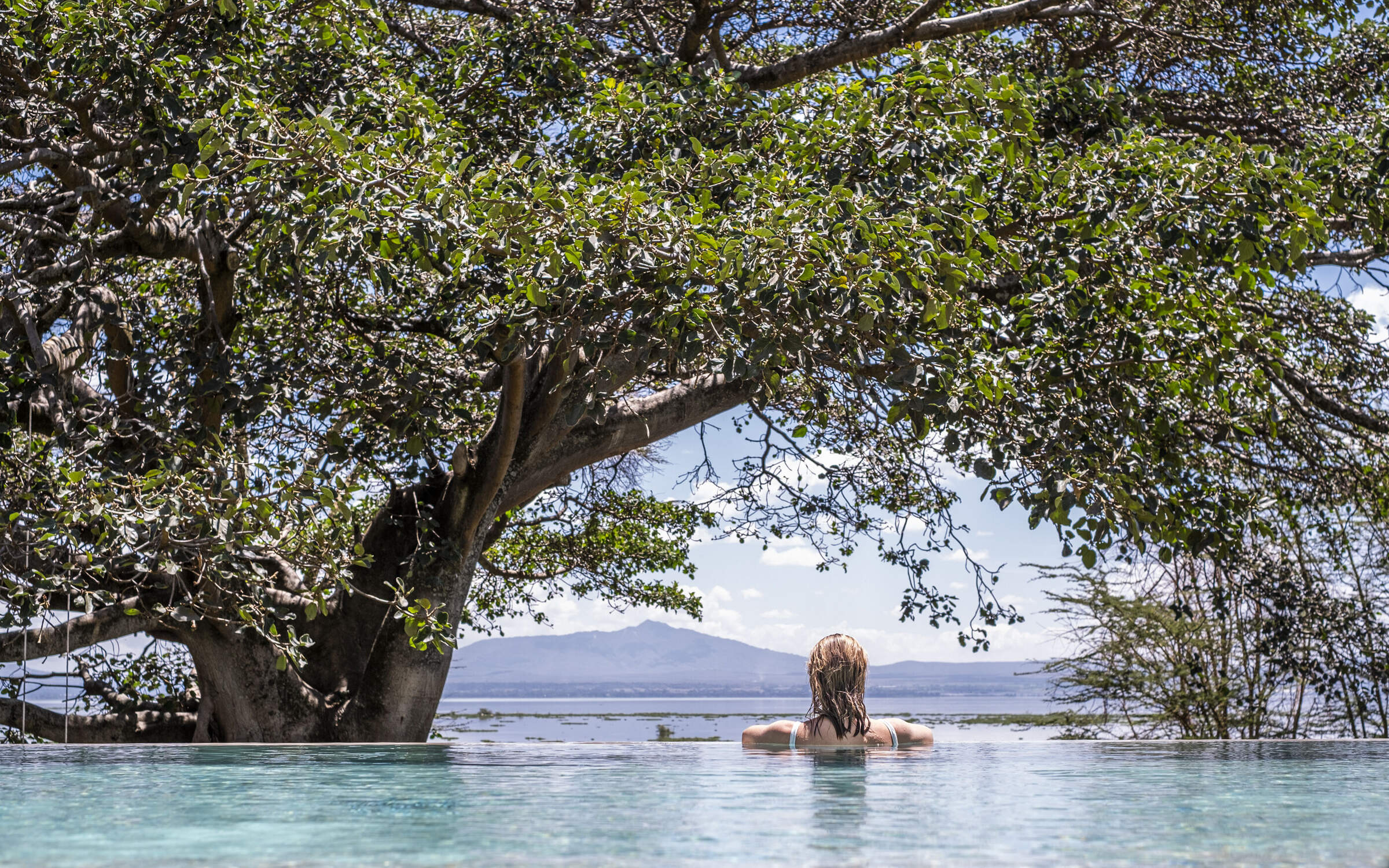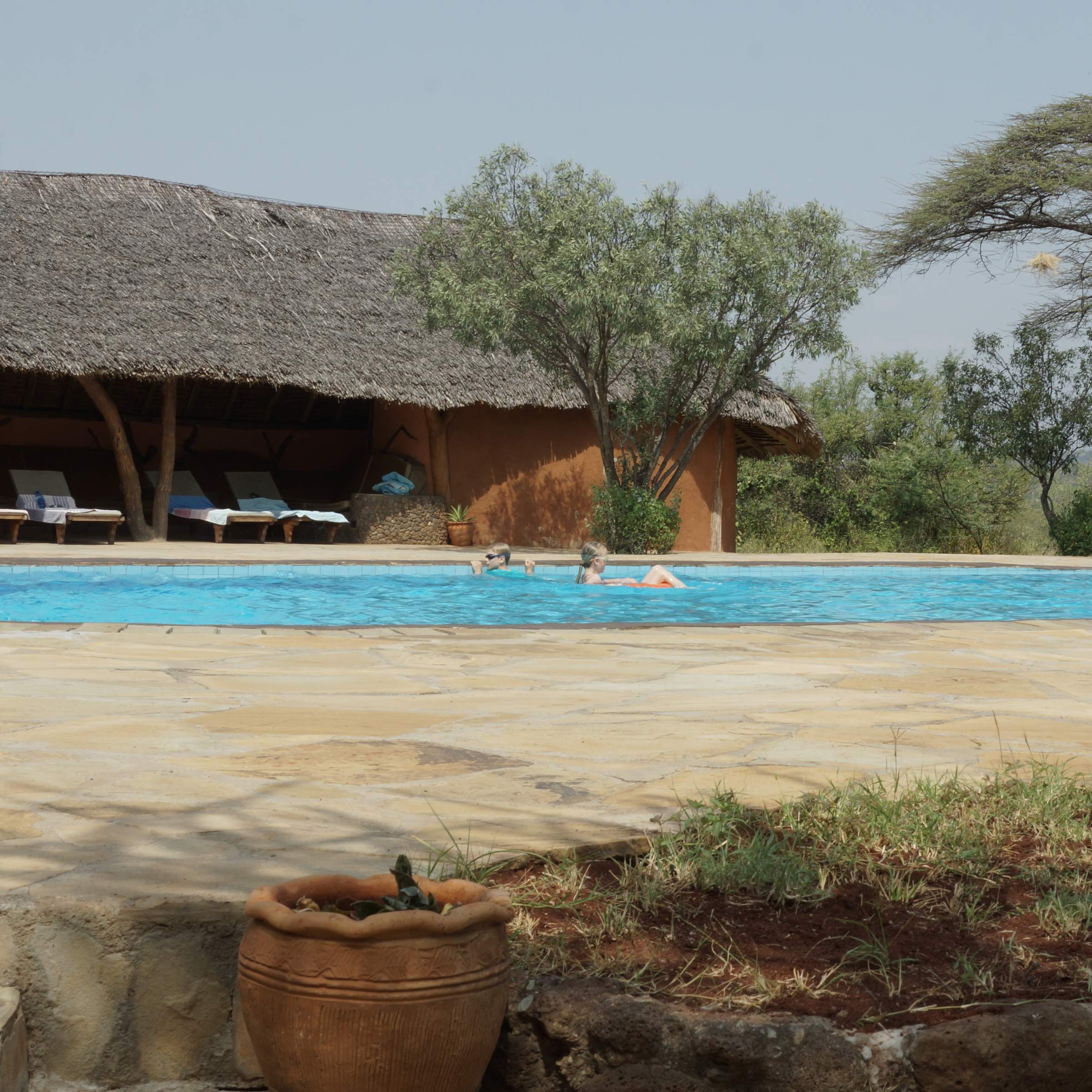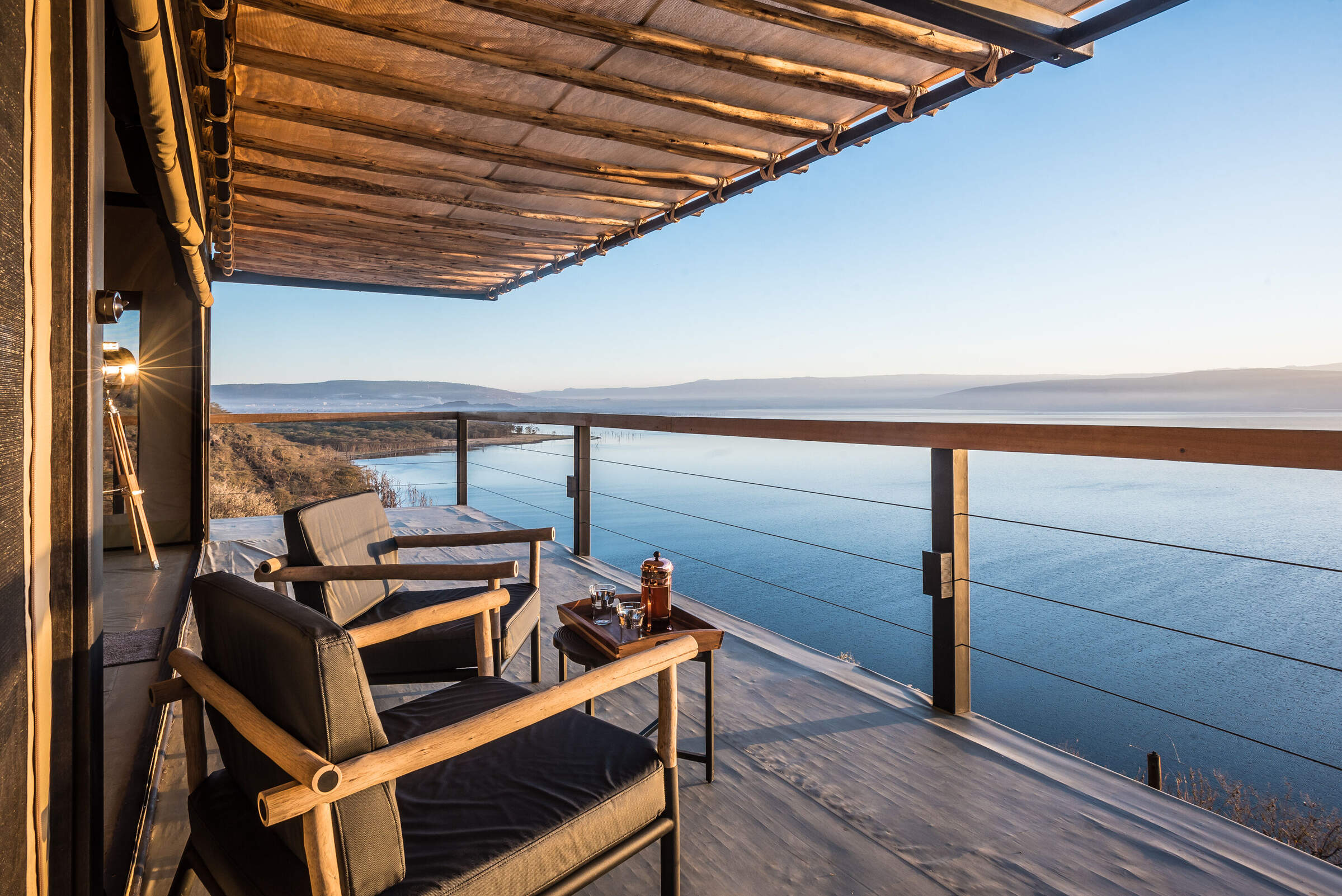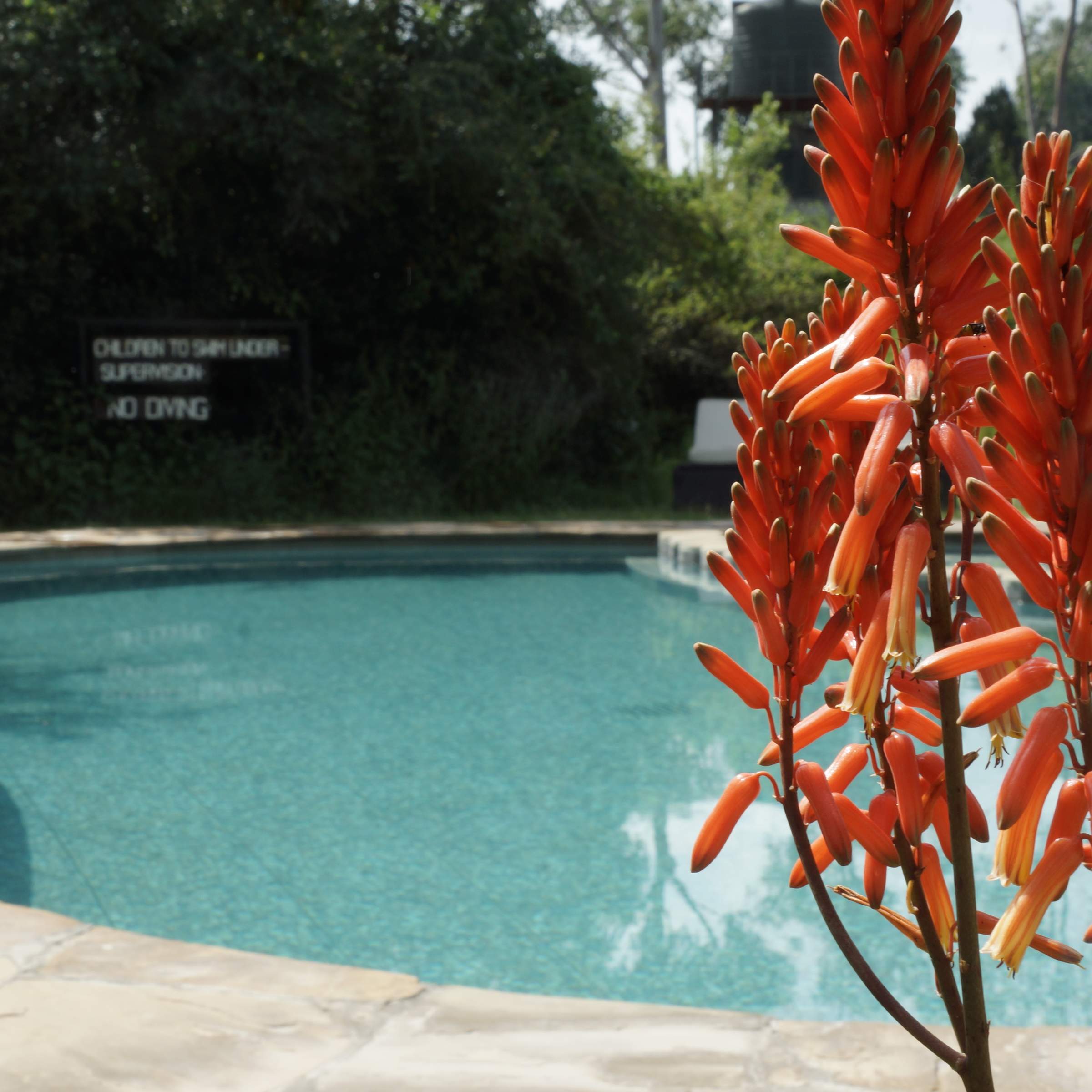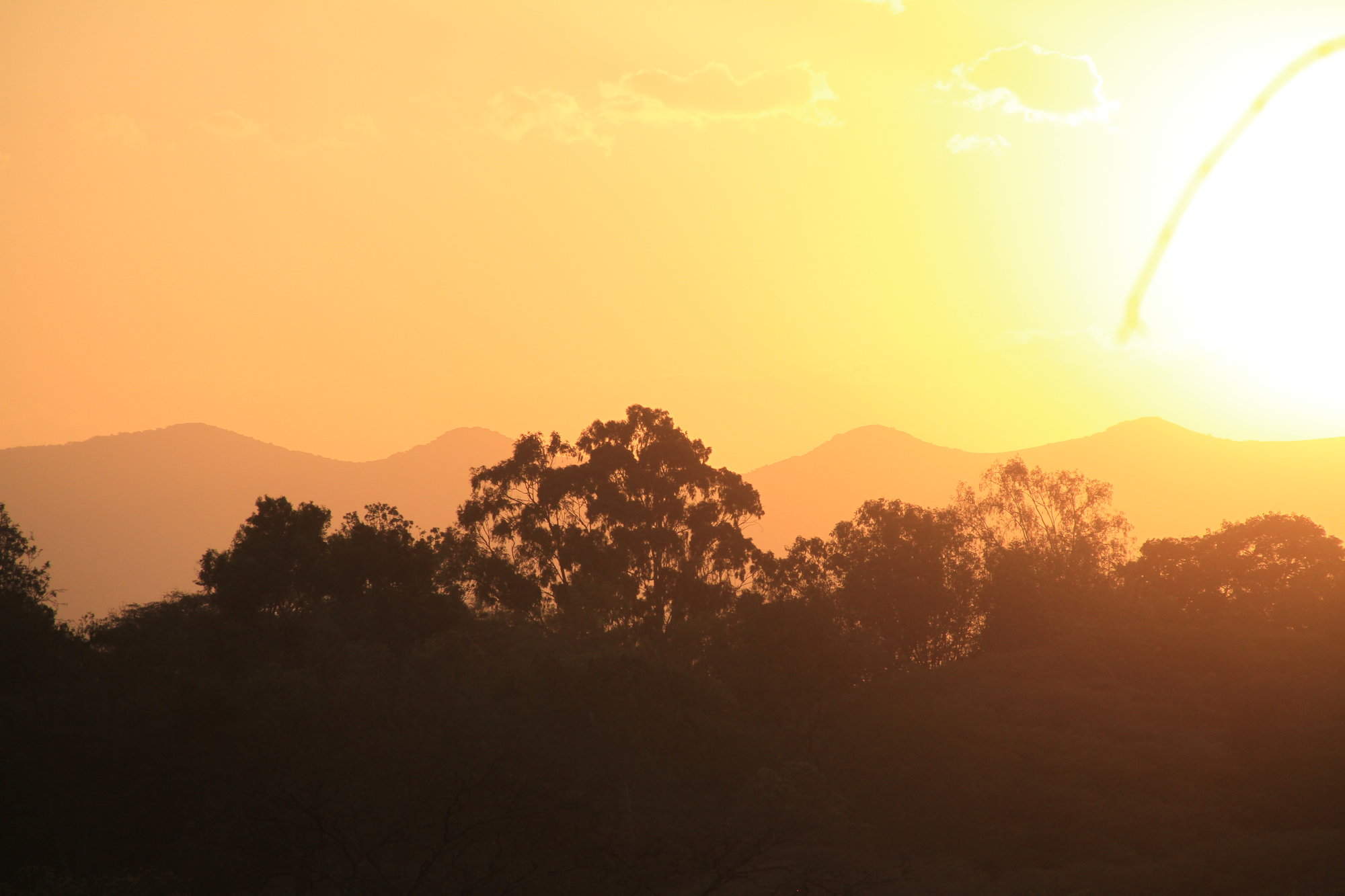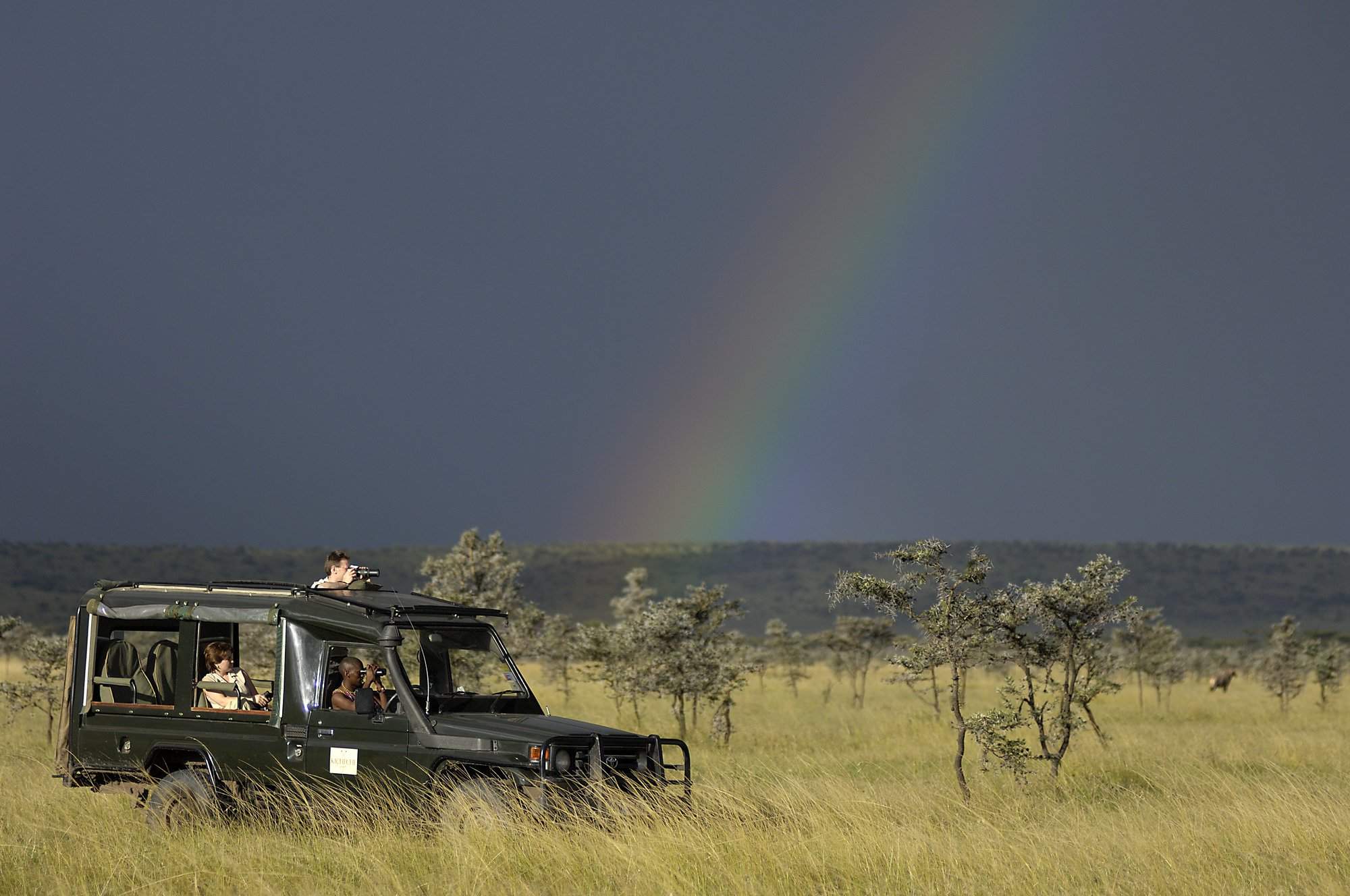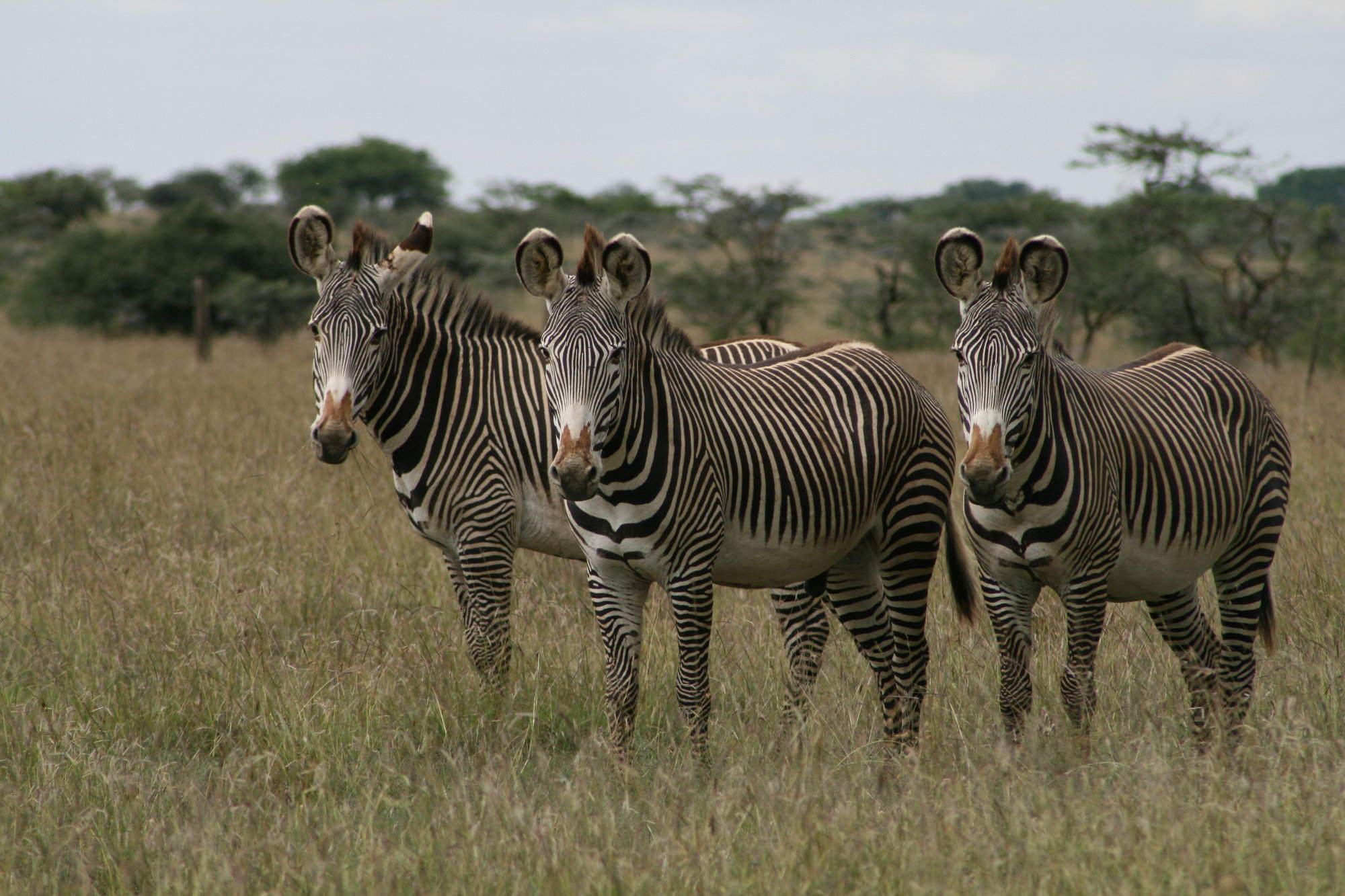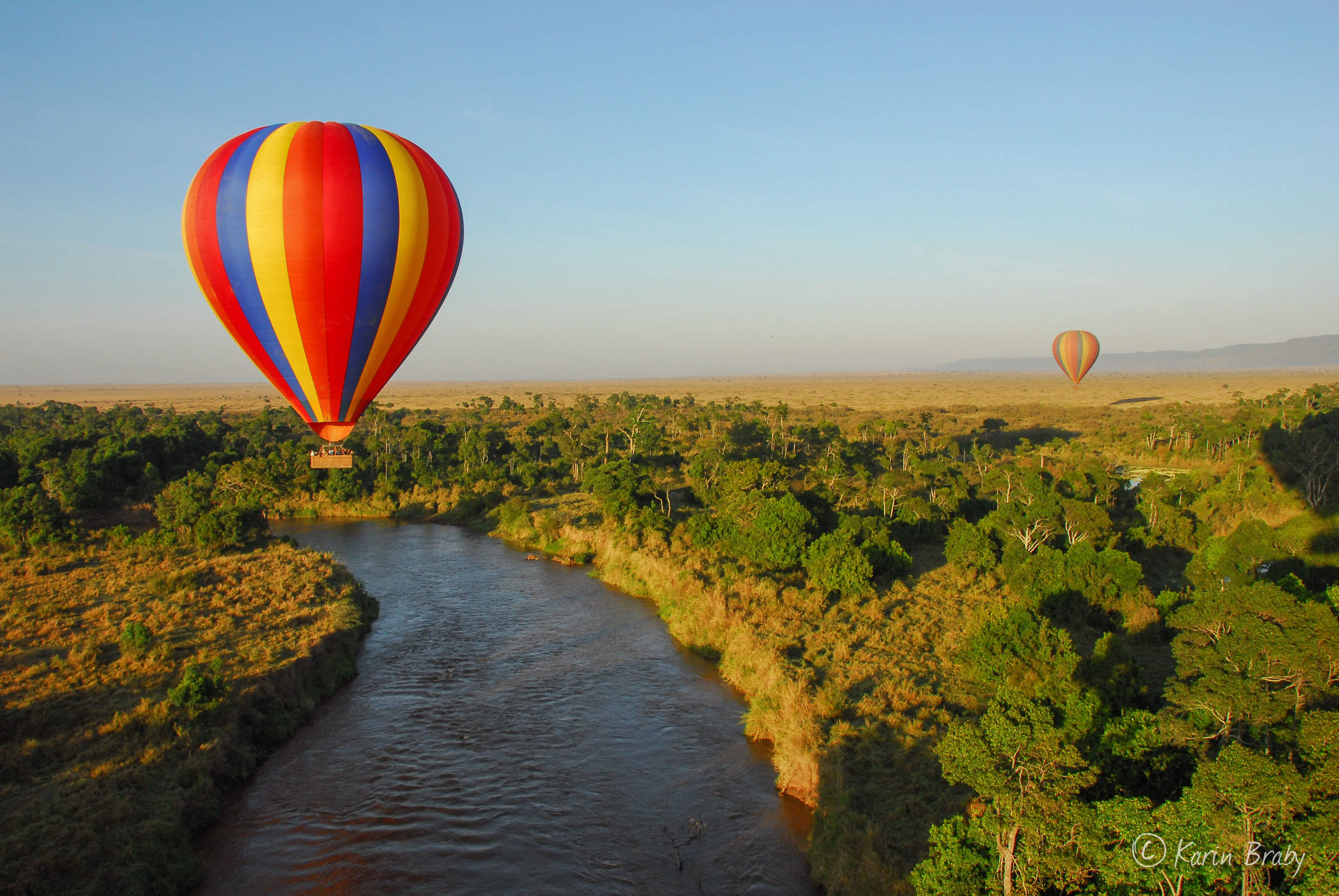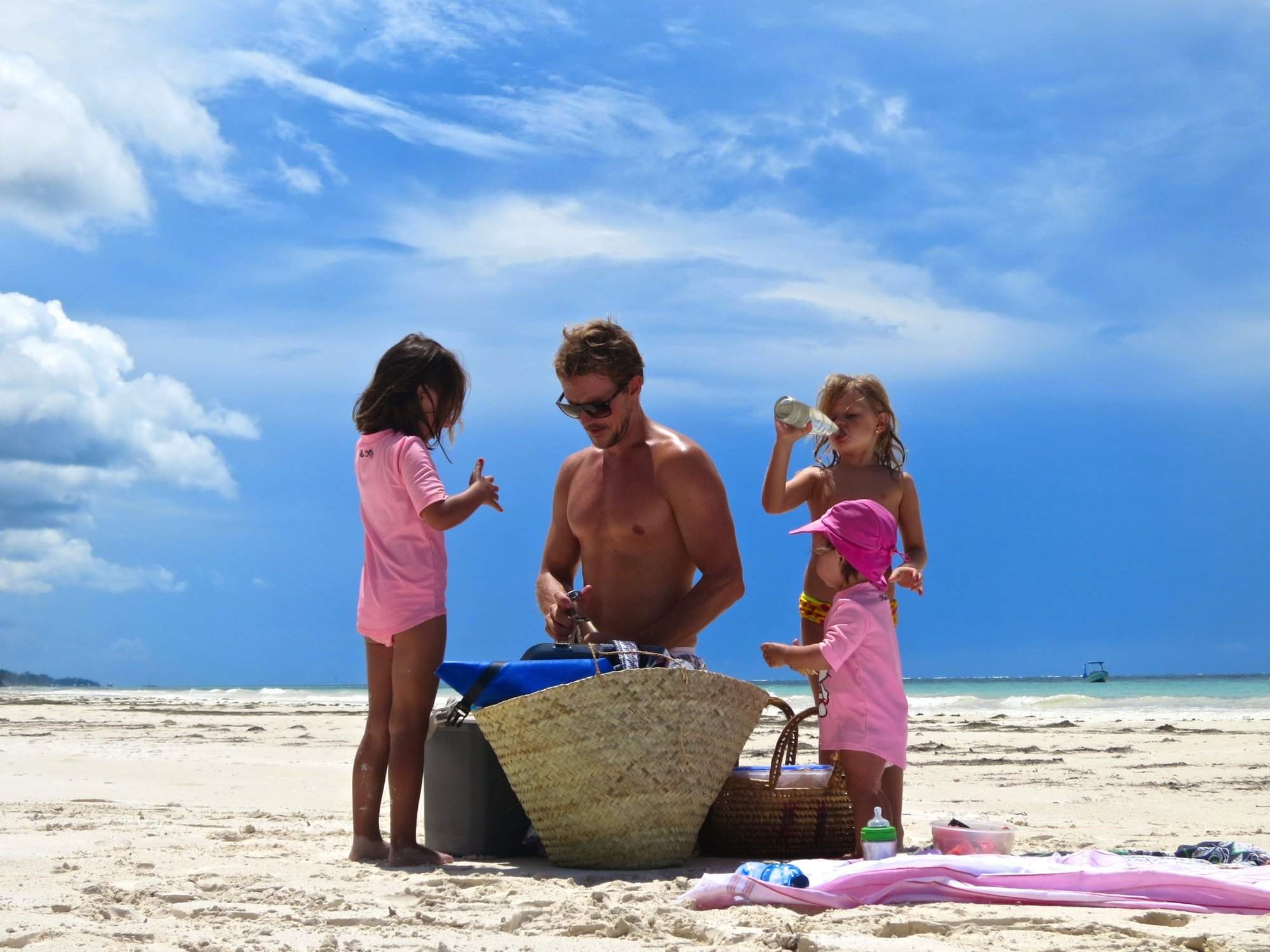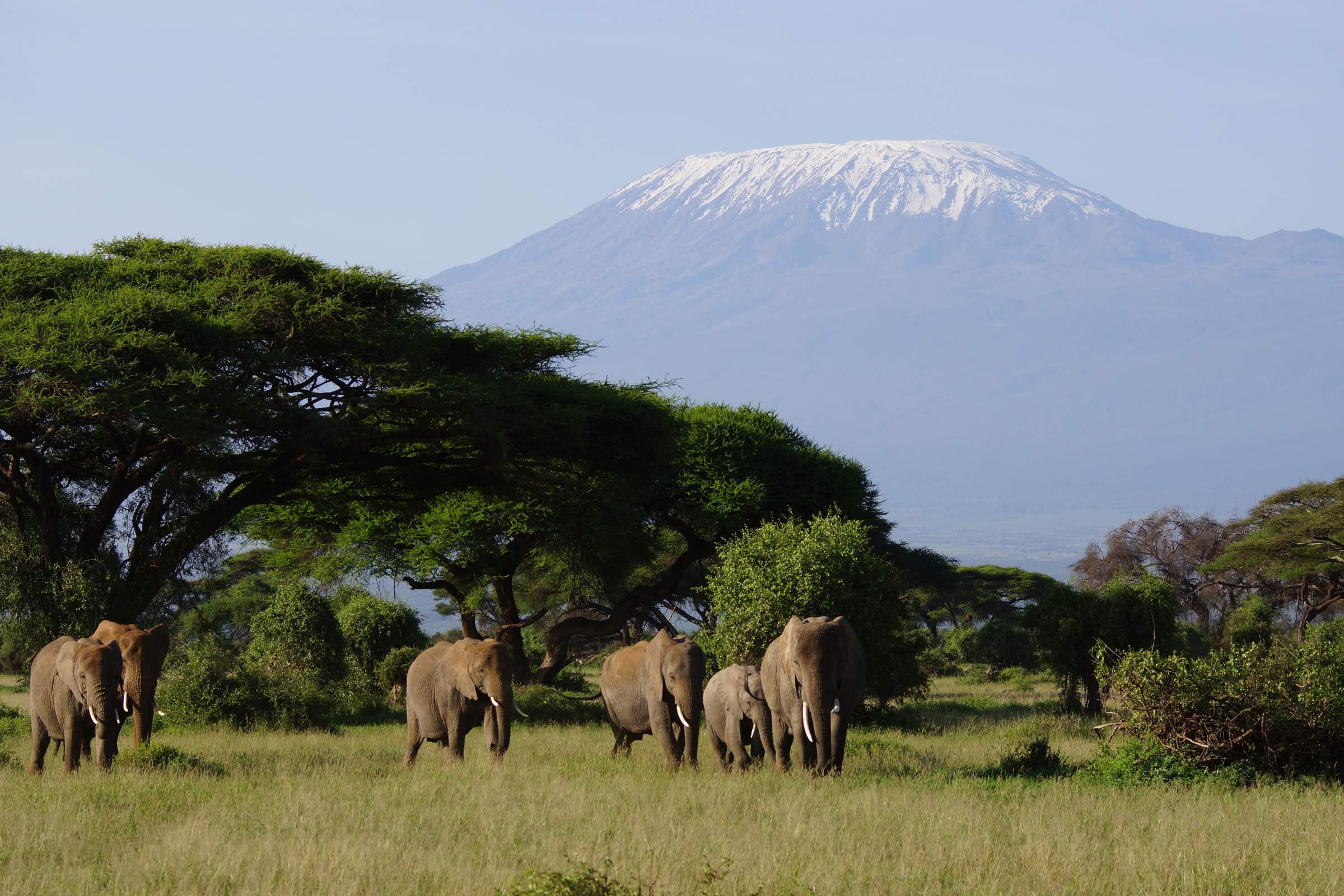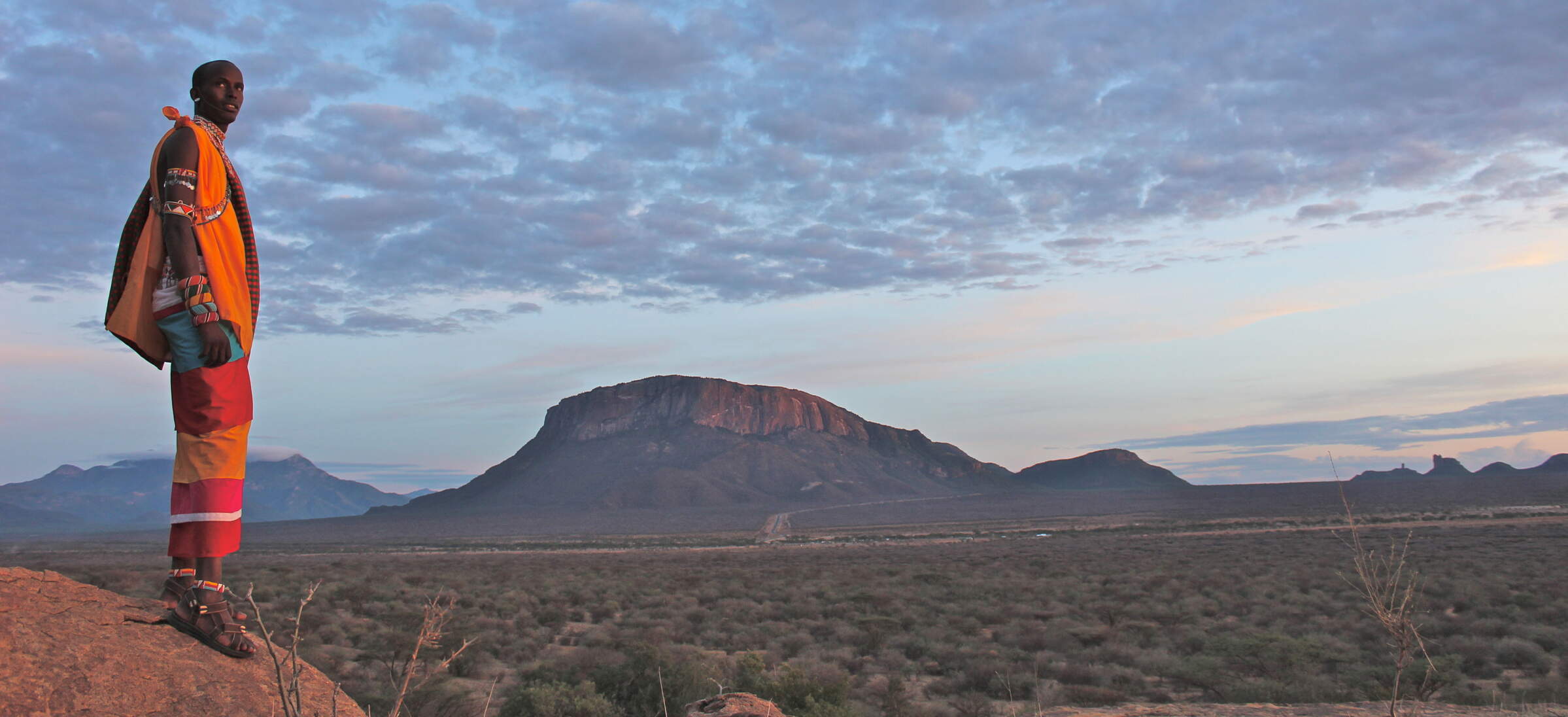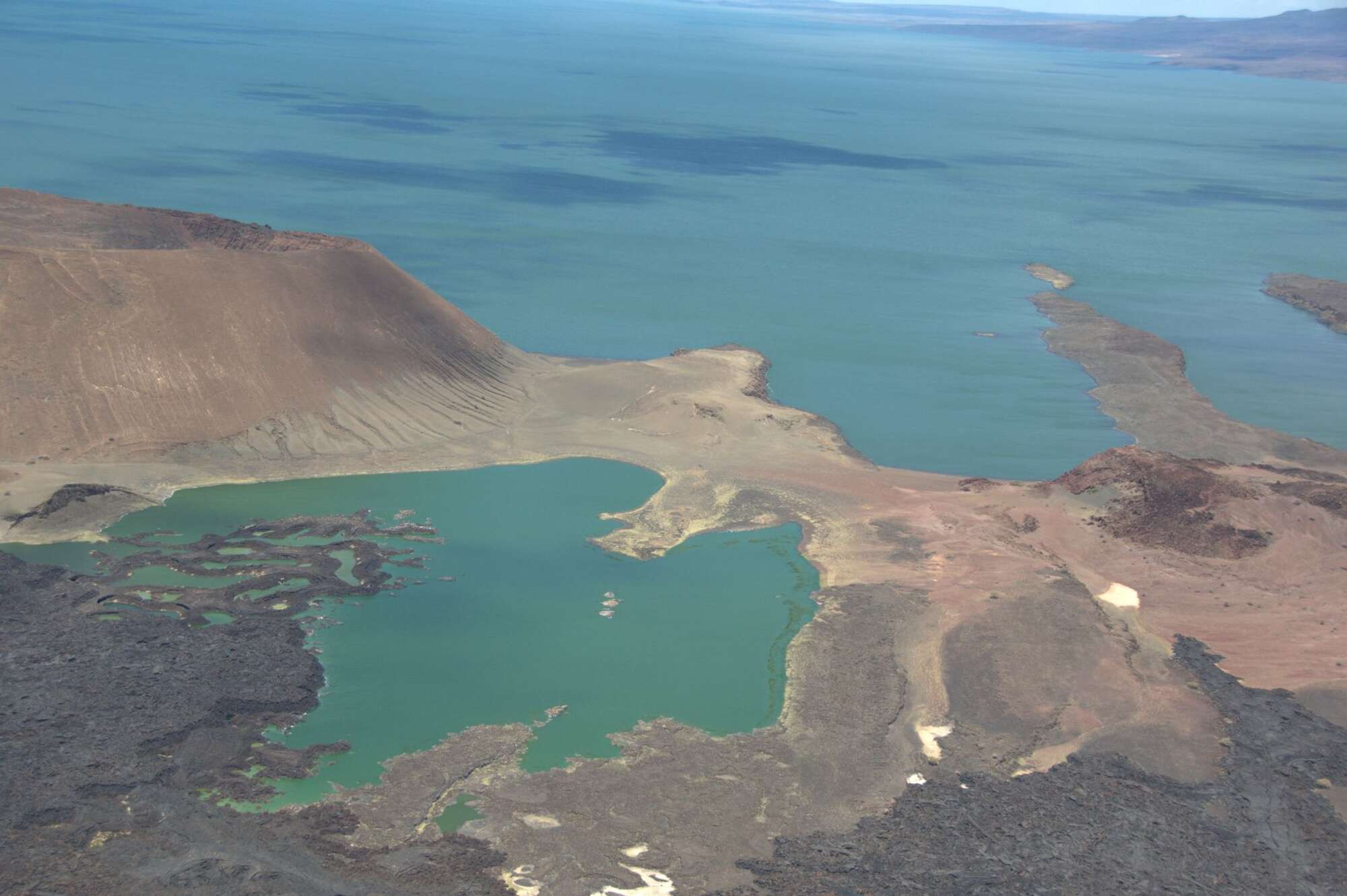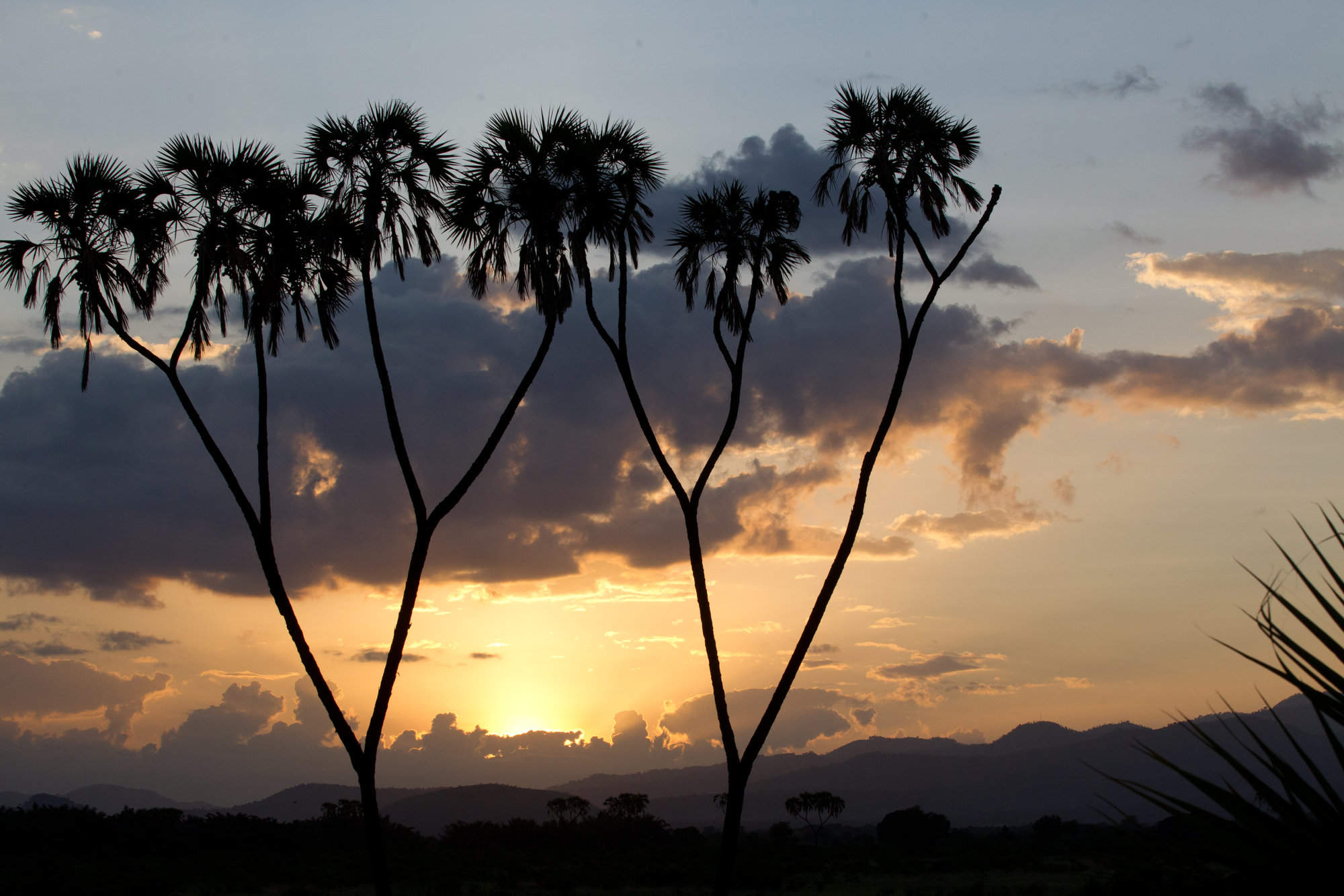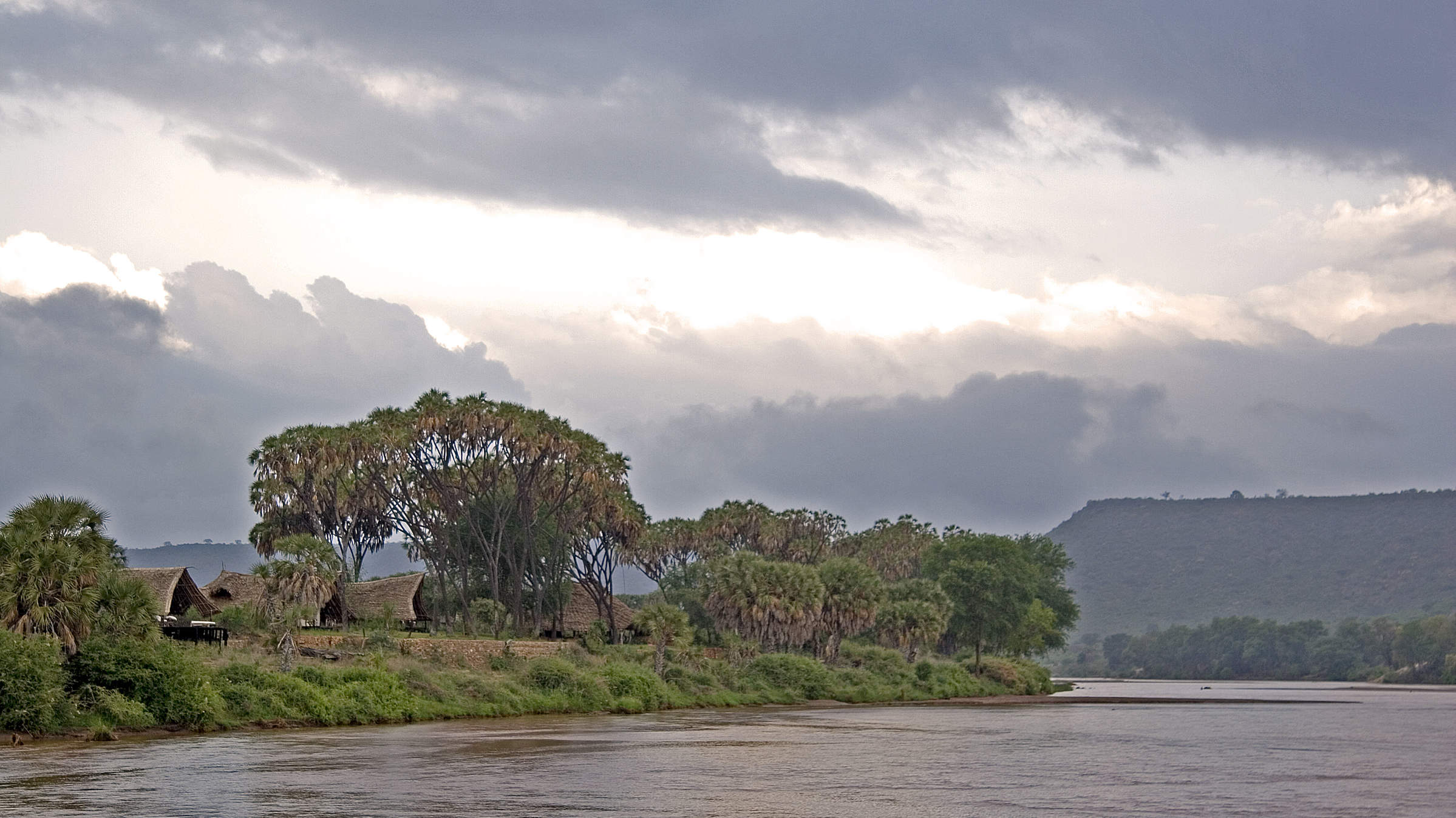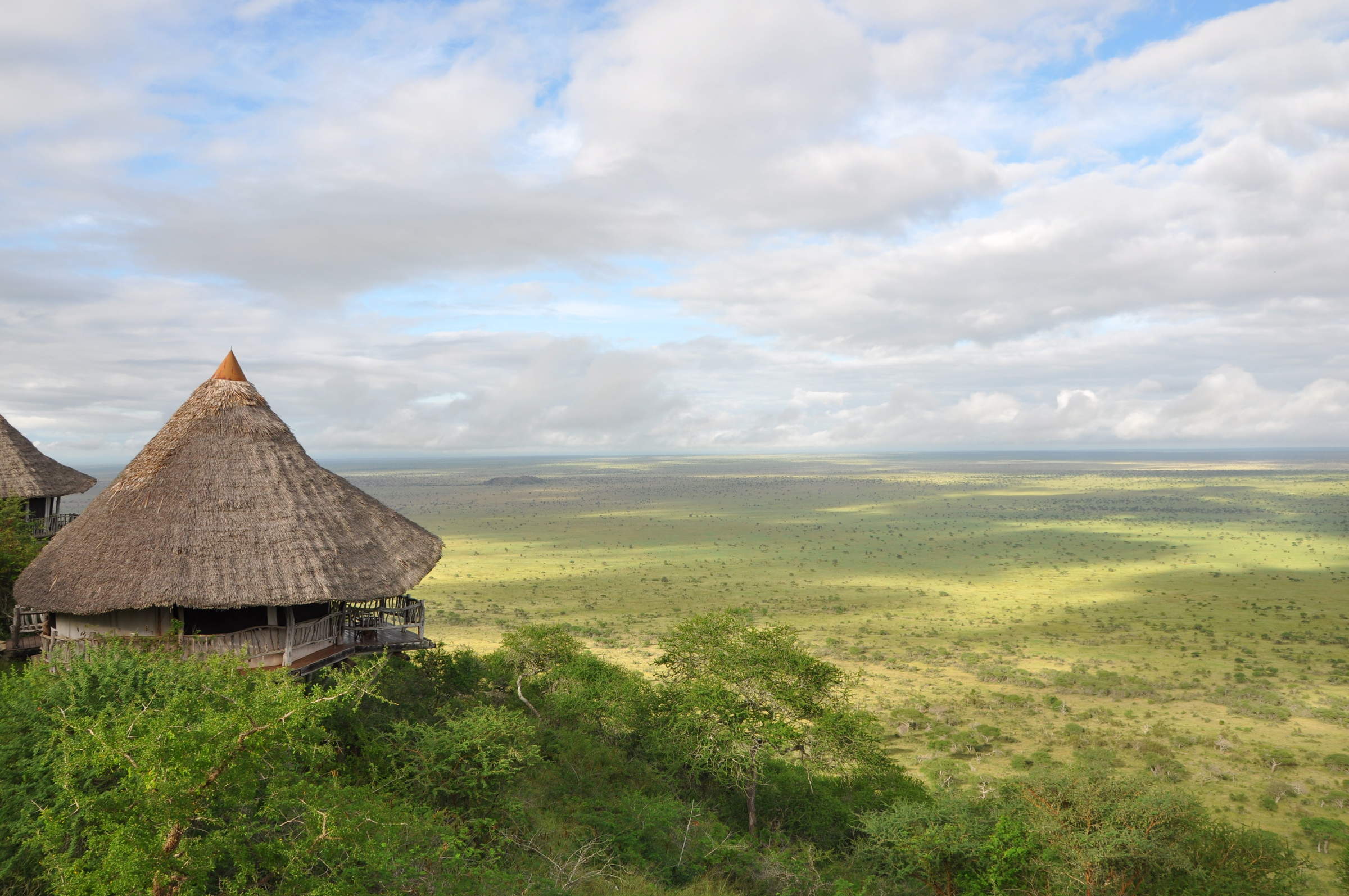Island Camp Baringo: Our full report
One of the oldest tented camps in Kenya, Island Camp opened in 1972.
It has long attracted Kenyan birders and the majority of its guests are local residents. It occupies the southern tip of Ol Kokwe Island, in the centre of freshwater Lake Baringo. The camp sprawls across the bush covered hillside and consists of basic tented rooms and some larger, more spacious accommodation.Unfortunately, the camp changed its booking model during the pandemic, meaning you can't book a tent for a few nights but have to take the camp in its entirety. Please talk to us at Expert Africa to find out if this arrangement is still in force.
Getting to Island Camp starts with the journey to Kampi ya Samaki, the lakeside fishing village where Island Camp's jetty is located. Guests are met by one of the camp's three fibre-glass motorboats and you walk to the end of the jetty and step aboard, donning a life jacket immediately. The journey is usually smooth, passing bird life and the snouts of the odd croc or hippo, but rougher conditions sometimes arise part-way through the journey.
You arrive on the western side of Ol Kokwe Island and a few steps take you up to the reception area. Further steps lead to the tents, cottages and common areas of the camp. There's a large shady bar area, a restaurant area and a further bar area by the large swimming pool at the 'summit' of this part of the island some 10 metres above the lake surface. The pool is a lovely feature of the camp - around 12m (40ft) long by 6m (20ft) wide and some 1.5m to 2m (4-7ft) deep. However, be aware there is no pool guard. Nearby, a pool bar, changing rooms, table tennis and dart board are all on hand as are a set of pool loungers, in good condition.
Island Camp's tents and rooms are all on the eastern side of the island, looking towards the sunrise, and the nearby Gibraltar Island, also known as Devil's Island. The camp's back-of-house set-up is on the western side of the island, where the chugging generator is housed (relatively out of earshot). The camp has five "classic tents"(two twins, one double and two triples), seven much larger 'deluxe tents' (which can be set up as twins or doubles, and also have 'under-beds' to provide for a third person, usually a child), and four 'superior cottages', 2 of which are double, 1 twin and 1 triple or family unit, which can sleep up to five people. All the tents are accessed via crazy paving pathways and steps that wind through the foliage, keeping you nicely shaded in the daytime. After dark, you will need a good torch to find your way back to your room, and possibly the accompaniment of an askari. We don't recommend this camp for people with mobility challenges, but the staff suggest that deluxe tents #22 and #23 are the most suitable for people with limited mobility as they are closest to the central areas and the jetty.
Island Camp's five classic tents are small and basic. Like all the accommodation the beds have mosquito nets, though in these small tents they drop from a single point, offering a pyramid of protection which isn't ideal. Their solid-wall bathrooms have the elementary requirements – hot and cold runnning water, a flush loo and simple shower. Out at the front, there are great views of the lake from the all the tents - and the classic tents have simple chairs.
The seven deluxe tents are much larger, with more space to move around inside the tents and slightly more stylish bathroom areas. The mosquito nets provide full height protection, and their verandas are a little more spacious.
The four superior cottages are the accommodation that Expert Africa recommends at Island Camp. These simple, banda-like cottages are quite spacious, with large beds, full-height mosquito nets and spacious bathroom areas (showers only, no bathtubs). Each cottage has a small plunge pool in the deck area at the front, and recliners. There's further seating and tables inside.
This part of the Rift Valley can be very hot, and it's worth being aware that none of Island Camp's rooms or tents have fans. Toiletries are somewhat rudimentary, by comparison with most tented camps at this level – tubes of shampoo and small bars of soap.
Activities
Just wandering around the camp – up to the pool, down to the jetty – is a pleasure for most guests, as you're constantly distracted by the island's myriad birdlife, not to mention butterflies and lizards. Similarly, sitting with a camera or binoculars, and taking in the constantly changing view across the waters, is a deeply relaxing way to while away the hours.But the principal activity for many guests is getting out on the lake in one of the camp's three boats (two 25hp boats and one 55hp vessel). The boat used depends on the size of your group and life jackets are provided for all passengers. Like all the activities, boat trips are an extra cost, depending on how long you plan to be out on the lake and how far you're going. A typical trip leaves shortly after dawn and goes around Ol Kokwe Island and also visits Gibraltar Rock (Devil's Island), pausing to take pictures of the many species of birds and usually luring fish eagles down to the lake with offerings of fish thrown from the boat. If you want to be sure of getting good shots, we'd recommend you pay for a little extra fish and ask the boatman to position the vessel to take best advantage of the light. Longer excursions include a trip to the extensive marshy area around Ruko Conservancy, on the northeast side of the lake, where you can potter among the waterlilies, and also visit the conservancy itself on dry land, perhaps with a bush breakfast. The Ruko Community Wildlife Trust safeguards a small population of Rothschild giraffes that were trans-located from Soysambu Conservancy. Island Camp has three experienced bird guides: Dixon Maitano (the most experienced), Johnson Parsupore and Peter Leweri.
Because of the presence of crocodiles in Baringo, Expert Africa advises against trying water-skiing at Island Camp or using their inflatable 'donut'.
Visits to Lake Bogoria to see the flamingos are not currently offered by Island Camp as they don't have a vehicle based on the mainland. Our suggestion would be to incorporate a visit to Bogoria before or after staying here.
Our view
While it can no longer be considered a luxury establishment, Island Camp has decades of reputation behind it and a loyal fan base of Kenyan birders. The old tented rooms are quite simple, verging on basic, and even the superior cottages aren't the height of luxury. Nevertheless, the combination of location, helpful and pleasant staff, the excellent swimming pool, and the wonderful birds themselves, make this a top choice in a part of Kenya that’s not over-supplied with good places to stay.
Geographics
- Location
- Rift Valley, Kenya
- Ideal length of stay
- 3 nights
- Directions
- The camp is a 20-minute boat ride (included in rates) from the lakeshore at Kampi ya Samaki, the only settlement of any size on Lake Baringo.
- Accessible by
- Fly-and-Transfer
Food & drink
- Usual board basis
- Full Board & Activities
- Food quality
- When we stayed in 2018 we were the only guests, but the meal service was very professional. Don't expect outstanding cuisine, but we thought the dinner and breakfast were good.
- Dining style
- Individual Tables
- Dining locations
- Indoor and Outdoor Dining
- Drinks included
- Drinks are not included, but are reasonably priced.
Special interests
- Birdwatching
- Island Camp Baringo is an outstanding spot for birding. The lake has long held the world record for the most birds recorded in a 24-hour period - 342 species. Water birds and dry-country birds can all be seen quite easily in this area and your breakfasts in camp are interrupted by a delightful procession of avian visitors to nearby trees and bushes and right onto your table.
- See ideas for Birdwatching in Kenya
Children
- Attitude towards children
- The camp welcomes children.
- Property’s age restrictions
- None.
- Special activities & services
- None.
- Equipment
- Baby cots and high chairs are available.
- Generally recommended for children
- While the camp has most appeal for keen birders, the large swimming pool and novel location make it fun for children.
- Notes
- Children should ideally be good swimmers and little ones will need constant supervision.
Communications
- Power supply notes
- A generator powers the camp. The deluxe tents and superior cottages have three-pin sockets where you can charge your batteries and devices. Guests in the classic tents would need to charge batteries in the bar or another common area.
- Communications
- Cellphone signal is reasonably good and the camp has Wi-fi around the pool bar.
- TV & radio
- There is no TV for guests, but they are welcome to join staff in the staff canteen when major sporting events are taking place.
- Water supply
- Other
- Water supply notes
- Water is pumped from the lake and treated. We found the large swimming pool crystal-clear. Purified drinking water is provided in flasks in the rooms.
Health & safety
- Malarial protection recommended
- Yes
- Medical care
- They have a simple first-aid kit. There's a dispensary in Kampi ya Samaki, the village on the mainland. Nakuru hospital is a 2-hour drive away. In an emergency, a helicopter could land nearby.
- Dangerous animals
- High Risk
- Security measures
- Askaris patrol the camp at all hours of the day and night.
- Fire safety
- The camp has a number of fire extinguishers and they do conduct fire training.
Activities
4WD Safari
Birdwatching
Boat trip
Fishing
Guided walking safari
Private activities
Extras
- Disabled access
- On Request
- Laundry facilities
- A laundry basket and list of prices is provided in each room and items cost around USD1–2 each to launder. Ladies's underwear can't be included.
- Money
- There's a safe in the main office to store valuables. They don't offer a foreign exchange service.
- Accepted payment on location
- Cash in Kenya Shillings or US Dollars is happily accepted for payments. You can also pay for extras with a Visa or MasterCard and they don't charge a surcharge.
Other lodges in Rift Valley
Alternative places to stay in this same area.
